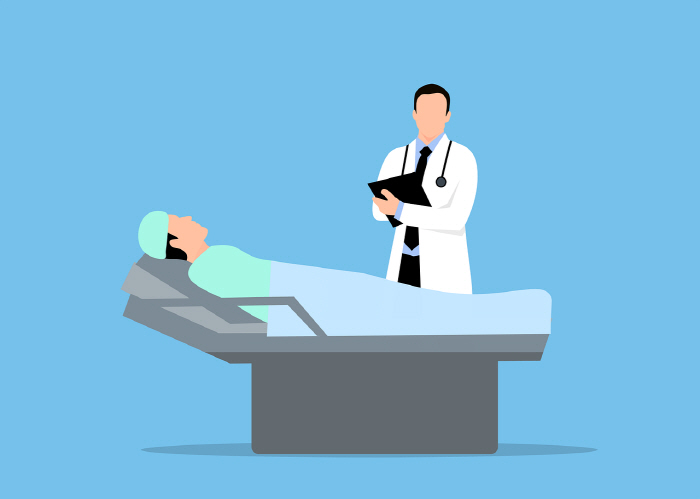The endoscopic examination of gastric cancer and colon cancer is not clear among those in their 80s and older...Sharing Decision Making Important
|
On the 16th, the Patient-Centered Medical Technology Optimization Research Project Group of the Korea Institute of Health and Medical Sciences (PACEN) announced the results of the clinical valuation based on the research on 「Proposal of the optimal age for gastric and colon cancer screening based on effectiveness and cost effectiveness」 (Professor Kim Hyun-soo at Wonju Severance Christian Hospital in charge of the research).
Currently, in the case of colorectal cancer screening in the national cancer screening project, fecal occult blood tests are conducted every 1-2 years for people over 50 years of age, and colonoscopy is recommended when positive. In the case of gastric cancer screening, gastroscopy or upper gastrointestinal angiography is performed every two years for adults over 40 years of age, and there is no limit on the upper age of the screening.
However, according to the screening recommendations of domestic societies, it is pointed out that in the case of colorectal cancer, there is insufficient evidence to support the effectiveness of the screening for those over 81 years of age. In addition, gastric cancer screening is not recommended because the incidence of gastric cancer is low for those over 85 years of age and can die due to examination.
Based on the health insurance claim data from 2004 to 2020, the researchers analyzed the incidence of colorectal cancer in about 19,000 colorectal endoscopy subjects and 19,000 non-examinations over the age of 75 and found that the incidence decreased by 30 percent by the age of 79. However, in those over 80 years of age, the effect of inhibiting the occurrence of colorectal cancer due to such colonoscopy was not observed.
In addition, based on the 2009-2020 national cancer screening data, the gastric cancer mortality rate of about 86,000 gastroscopy examinations and 86,000 non-examinations over the age of 75 decreased by 43%, but the effect of suppressing gastric cancer death was relatively low for those over 80. In addition, the effect was not clear from the age of 81 or older.
Experts who attended the clinical valuation meeting suggested that individual health conditions, life expectancy, and cancer risk should be considered individually rather than uniformly recommending screening for those in their 80s and older. In addition, it was also mentioned that shared-decision making is important in which patients and medical staff fully consult with each other in the process of determining endoscopic examination.
This article was translated by Naver AI translator.




